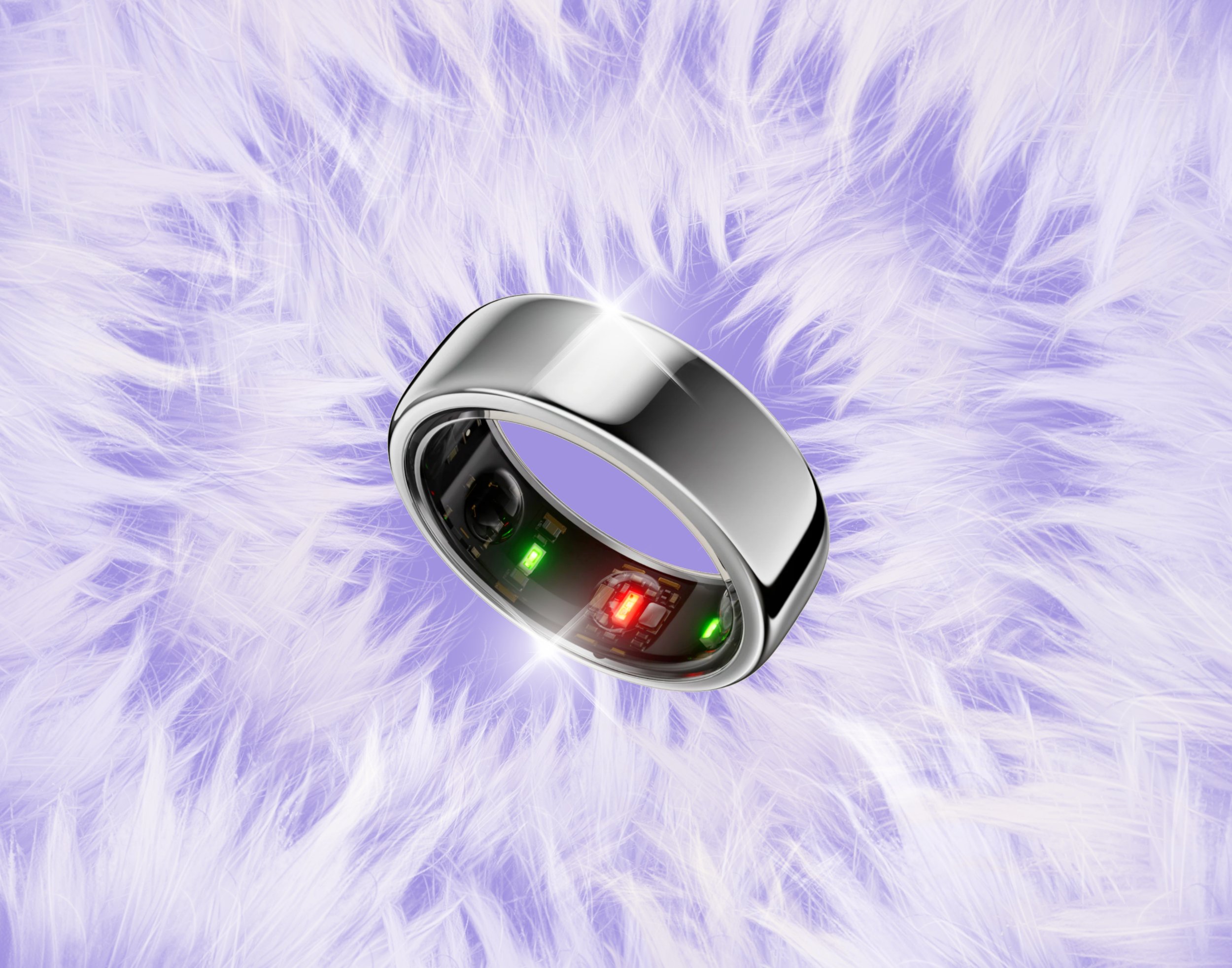You Can Now Test for This at Home — And Doctors Say It Could Save Your Life
“Pure bliss!”
BY STEPHNIE @the Brimly Test KitchenAugust 7, 2025

Image Source/Andrej Lišakov
7 minute ReadINFO CONTENTFEATURE ARTICLEObjective VIEW“Because staying ahead beats catching up.”
Until recently, learning your cholesterol numbers or spotting a hidden hormone imbalance meant going to a doctor’s office, sitting in a waiting room, and waiting days for results. Today, you can do it all from home — with just a finger prick and a few clicks.
From mail-in kits to smart trackers, at-home testing is becoming one of the fastest-growing tools in preventive healthcare. And experts say it’s not just convenient — it could help catch life-threatening health issues before symptoms even start.
view:LISTEN“Wearable health tech is helping people stay ahead of silent risks before they turn serious.”— Image courtesy of Getty Images
Checking Your Heart from Home
High cholesterol is one of those things that can quietly creep up without any symptoms — until it leads to something major like a heart attack. That’s why at-home cholesterol kits are a big deal.
Tests like Everlywell’s Cholesterol & Lipids panel let you check your numbers using just a small blood sample you collect yourself. You send it in, and a few days later, your results land in your inbox with clear explanations. If you want instant feedback, there are also FDA-approved devices like the CURO L7 that give you a full reading in three minutes.
Knowing your numbers early? That gives you time to do something about them — whether that’s changing how you eat, adding movement to your day, or just getting a jump start on a conversation with your doctor.
Feeling Off? Your Hormones Might Be Trying to Tell You Something
Fatigue, mood swings, sudden weight gain… these are common signals from your body, but figuring out why they’re happening isn’t always easy. A full hormone panel used to mean lab visits and a bunch of waiting. Now, at-home hormone tests are making it easy to find answers faster.
You can order kits that check for thyroid imbalances, stress hormones like cortisol, or female hormones tied to things like PCOS or menopause. There are even fertility-focused tests that give you a better read on your ovulation patterns or ovarian reserve.
These tests aren’t meant to diagnose everything — but they are meant to help you get a better sense of what’s going on. And when something feels off, having proof can be a huge first step in actually getting help.
Video courtesy of American Heart Association & Image courtesy of Nik
This video takes a closer look at how wearable tech is giving people a clearer picture of their health—tracking patterns, highlighting what's normal, and nudging users to pay attention when something feels off.
Yes, Even Your Genetics
If you’ve ever used 23andMe to look up your ancestry, you’ve already dipped your toes into genetic testing. But now, these tests can also screen for certain gene variants tied to real health risks — including breast cancer, celiac disease, or heart problems.
The results aren’t a diagnosis, but they are a heads-up. And when you know what to look out for early, you can take steps to protect yourself — like getting screened sooner or changing up your lifestyle. It’s one more way to understand your body better. And that kind of knowledge is powerful.
Let the Tech Do Some Work for You
If tests give you a snapshot, wearable devices give you the full movie. Smart rings and watches (like the Oura Ring, Apple Watch, or Fitbit) now track way more than just steps. We’re talking heart rate, sleep quality, stress signals — even your breathing patterns while you sleep.
Some of these gadgets have flagged early signs of serious issues like atrial fibrillation — a heart rhythm problem that’s often missed until it becomes dangerous. Others have helped people spot patterns tied to burnout, anxiety, or poor recovery.
It’s about noticing trends before they snowball into something bigger. And having a little coach on your wrist reminding you to breathe or wind down after a stressful day? That’s just wonderful, wouldn’t you say?
What You Should Know Before You Start
These tools are super helpful, but they’re not meant to replace your doctor. They’re more like a flashlight — giving you a better look at what’s going on so you can talk to a pro if something seems off.
Stick with kits that are FDA-approved or reviewed by certified labs. And when in doubt, share your results with your provider. That’s how you get the full picture.
“Keeping tabs on your blood pressure at home can be one of the most practical ways to stay in tune with your health—especially when you’re not feeling off.”— Image courtesy of Oleg Ivanov
The Bottom Line:
We used to think of healthcare as something that happened once a year in a doctor’s office. But now, it can happen at your kitchen table — with a test kit, a wearable, or a little curiosity about how you’re really doing. And sometimes, that one test or one alert is the thing that pushes you to get answers — and take action.
So yes, it’s convenient. But it’s also way bigger than that. It’s about giving yourself the chance to catch something early, and maybe even change the outcome.
SuggestedI Never Guessed Sleep Tracking Could Improve My Sleep Habits
It may seem unusual, but it led me to an unexpected discovery.
-
Brimly uses only high-quality sources, including peer-reviewed studies, to support the facts within our articles. Read our editorial process to learn more about how we fact-check and keep our content accurate, reliable, and trustworthy.
McKinsey. “The trends defining the $1.8 trillion global wellness market in 2024.”
TechTarget. “Popular types of wearable technology in healthcare.”
Healthline. “Best At-Home Heart Health Tests.”
Healthline. “The 5 Best At-Home Cholesterol Tests of 2024.”
Healthline. “The 6 Best At-Home PCOS Tests.”
Allied Market Research. “At-Home Genetic Testing Market.”
News-Medical. “How Wearable Tech Is Reshaping Preventative Health.”
MORE TO READ
BY BrimlyBY BrimlyBY BrimlyBY Brimly












